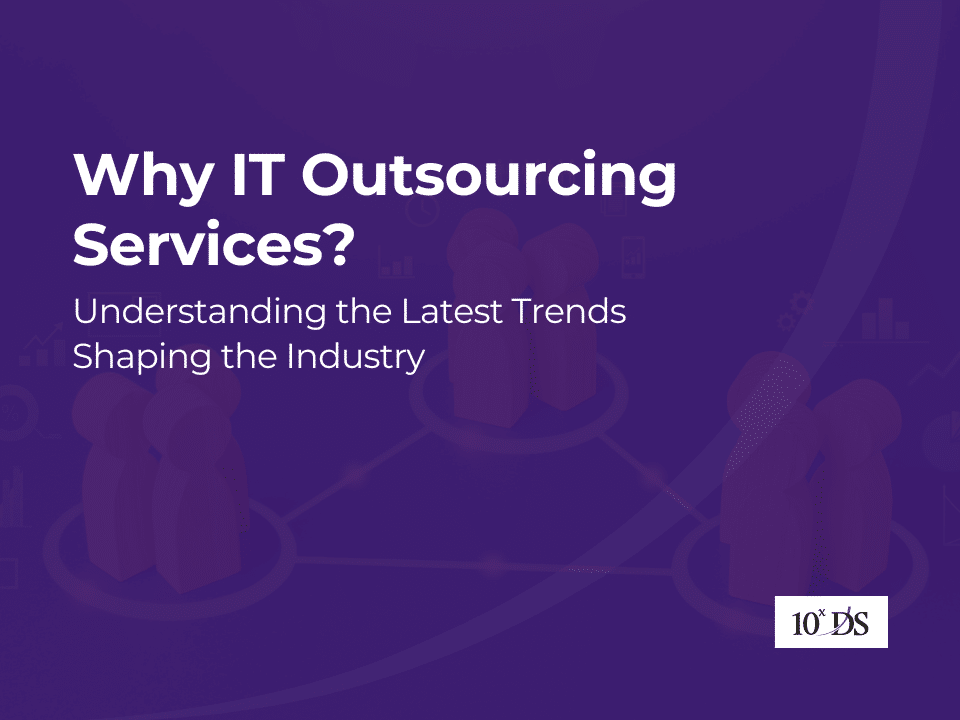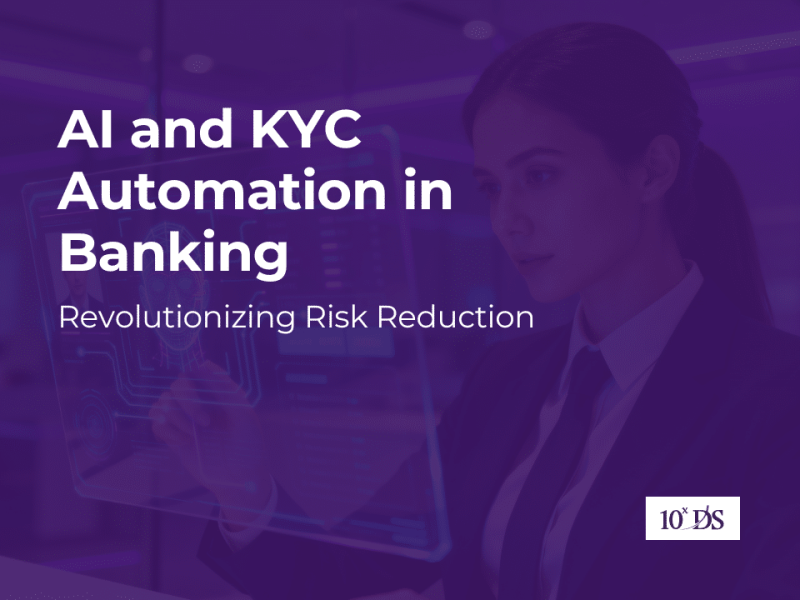
Why IT Outsourcing Services? Understanding the Latest Trends Shaping the Industry
IT outsourcing involves delegating IT functions, projects, or processes to third-party service providers who offer specialized expertise and resources that are often expensive or challenging to maintain in-house. These functions typically include infrastructure management, software development and maintenance, cloud migrations, managed cybersecurity services, and quality assurance.
Businesses opt for IT outsourcing over maintaining an in-house IT team for several key reasons. Cost efficiency remains a primary driver, as managing an internal IT team involves significant expenses such as salaries, benefits, office space, and continuous training. Outsourcing grants access to a diverse talent pool of skilled professionals who leverage the latest technologies to efficiently execute projects without the need for ongoing recruitment. It also provides flexibility to scale IT support based on business needs, enhances competitiveness by enabling faster adoption of advanced solutions, and strengthens security and risk management.
Startups, SMBs, and large enterprises alike benefit from IT outsourcing. Startups and SMBs gain access to high-quality expertise without the time and costs associated with hiring full-time staff, allowing them to focus on growth. Larger enterprises leverage outsourcing to optimize operations, manage specialized projects like cybersecurity or cloud migrations, and address skill gaps in emerging technologies such as AI and EDI. By partnering with trusted IT vendors, businesses can focus on their strategic priorities while ensuring their IT operations are managed efficiently, remaining agile, innovative, and well-prepared for technological advancements.
Top Trends shaping the IT outsourcing Industry:
Managed Cybersecurity Services are the most sought-after IT outsourcing services due to the escalating threat of cyberattacks and a critical shortage of cybersecurity talent. Businesses face increasing risks like ransomware, phishing, and data breaches, which can lead to significant financial and reputational damage. Managed Security Service Providers (MSSPs) offer 24/7 monitoring, rapid threat response, and advanced security solutions that are often too expensive or complex to maintain in-house. Additionally, outsourcing ensures regulatory compliance with standards like GDPR and HIPAA, providing businesses with peace of mind while allowing them to focus on core operations.
Software Development and Maintenance also remains a high demand outsourcing service as companies strive to develop custom applications and optimize their digital processes. Outsourcing provides access to skilled developers worldwide who leverage cutting-edge tools and methodologies to deliver scalable, high-quality software. It allows businesses to reduce development costs, accelerate project timelines, and ensure ongoing updates and maintenance without overburdening internal teams. This approach drives innovation, enhances user experience, and helps companies stay competitive in an increasingly technology-driven market.
IT Infrastructure and Network Services: Remote infrastructure management is a growing trend, with 42% of businesses outsourcing this function to IT vendors for system monitoring, cloud migrations, and IT support. This approach allows businesses to access specialized services without the need to build and maintain internal infrastructure teams. Additionally, outsourcing network management helps businesses address network reliability issues, such as poor speed and connectivity, which can disrupt operations. By relying on managed network services, companies ensure seamless connectivity, enhancing operational efficiency and preventing downtime.
IT Talent and Staffing Solutions: Many businesses face significant challenges in recruiting IT talent, especially in specialized areas like cybersecurity, EDI solutions, and AI. As a result, outsourcing to Managed Service Providers (MSPs) allows companies to tap into a pool of skilled professionals without the cost and effort of recruiting, training, and retaining in-house staff. This solution leads to improved profitability by reducing downtime, ensuring reliable systems, and enabling businesses to focus on strategic growth. Outsourcing IT services helps companies overcome staffing shortages and optimize their technology infrastructure for better performance.
Data Integration and Security: Data integration is a common challenge for businesses, especially when dealing with disparate systems such as EDI solutions and disconnected internal applications. Outsourcing IT services can simplify these integrations, ensuring that systems work together efficiently and reducing the risk of data inconsistencies. Additionally, data security and reliable connectivity have become top priorities, with 62% of businesses emphasizing the need for robust security protocols and dependable IT systems. Outsourcing helps address these concerns by providing secure, well-managed IT infrastructures that protect sensitive data and ensure smooth operations.
Cloud Services and Cybersecurity: With the increasing adoption of cloud technologies, businesses are prioritizing cybersecurity solutions to address vulnerabilities in cloud environments. Investments in cloud security have risen alongside spending on data hosting and collaboration software, as companies seek to protect their cloud-based systems from cyber threats. Managed Security Service Providers (MSSPs) are essential in this landscape, with businesses selecting providers who operate Security Operations Centers (SOCs) and take full responsibility for threat detection, response, and remediation, ensuring the safety of cloud infrastructures.
Conclusion:
Finding a smart IT outsourcing vendor requires a strategic approach to ensure you select a partner that aligns with your business goals and technological needs. Start by clearly defining your requirements, such as the specific IT functions you need outsourced and the expertise required. Research vendors with proven experience in your industry and assess their certifications, including ISO 27001 for security and ISO 9001 for quality management, as well as compliance with standards such as GDPR, HIPAA, and PCI DSS. Prioritize providers with strong security protocols and proven expertise in managing regulatory compliance. Consider flexibility in contract terms and pricing models to match your budget and project scope. By focusing on these key factors, businesses can find an outsourcing partner that not only addresses immediate needs but also drives long-term success while maintaining robust data security and compliance.
Talk to our experts to learn more.


